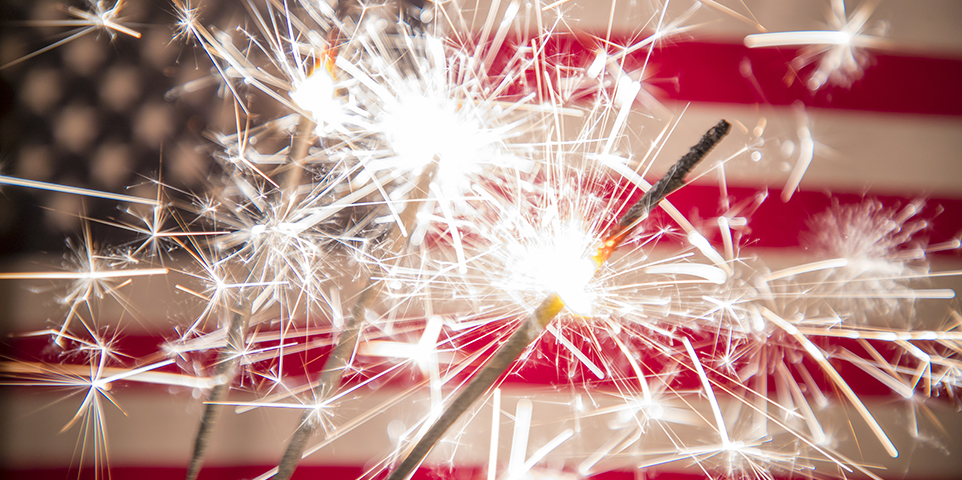MEMBERSHIP
AMPLIFY
EN ESPAÑOL
Connect With Us
- Popular search terms
- Automobile
- Home + Renters
- Claims
- Fraud
- Hurricane
- Popular Topics
- Automobile
- Home + Renters
- The Basics
- Disaster + Preparation
- Life Insurance

Fireworks, flag flying, parades, and pool parties are all part of the tradition and fun associated with the Fourth of July. Partygoers, to avoid injuries, are urged to be cautious when taking part in any festivities.
Check out the following tips to help you have a safe and enjoyable holiday:
From 2017 to 2021, there were about 11,421 home fires involving grills, hibachis or barbeques, and hospital emergency rooms treated about 22,155 people for burns involving grills. Improperly ventilated grills are also a common source of carbon monoxide poisoning. Safety begins with taking just a few precautions:
In 2021 U.S. hospital emergency rooms treated an estimated 11,500 for fireworks-related injuries. Consider attending a professional fireworks display in your local area instead of conducting one of your own. But if you do use fireworks:
Attend a community fireworks display instead of having your own. But if you do use fireworks:
Every year there is an estimated average of 4,000 fatal unintentional drownings (non-boating related) annually in the United States, according to the CDC. Drowning is the second leading cause of death for children one through 14 years. While not all drownings are fatal, nearly 40 percent of these incidents treated in emergency rooms require hospitalization or transfer for further care (compared with 10 percent for all unintentional injuries).
Some safety advice: